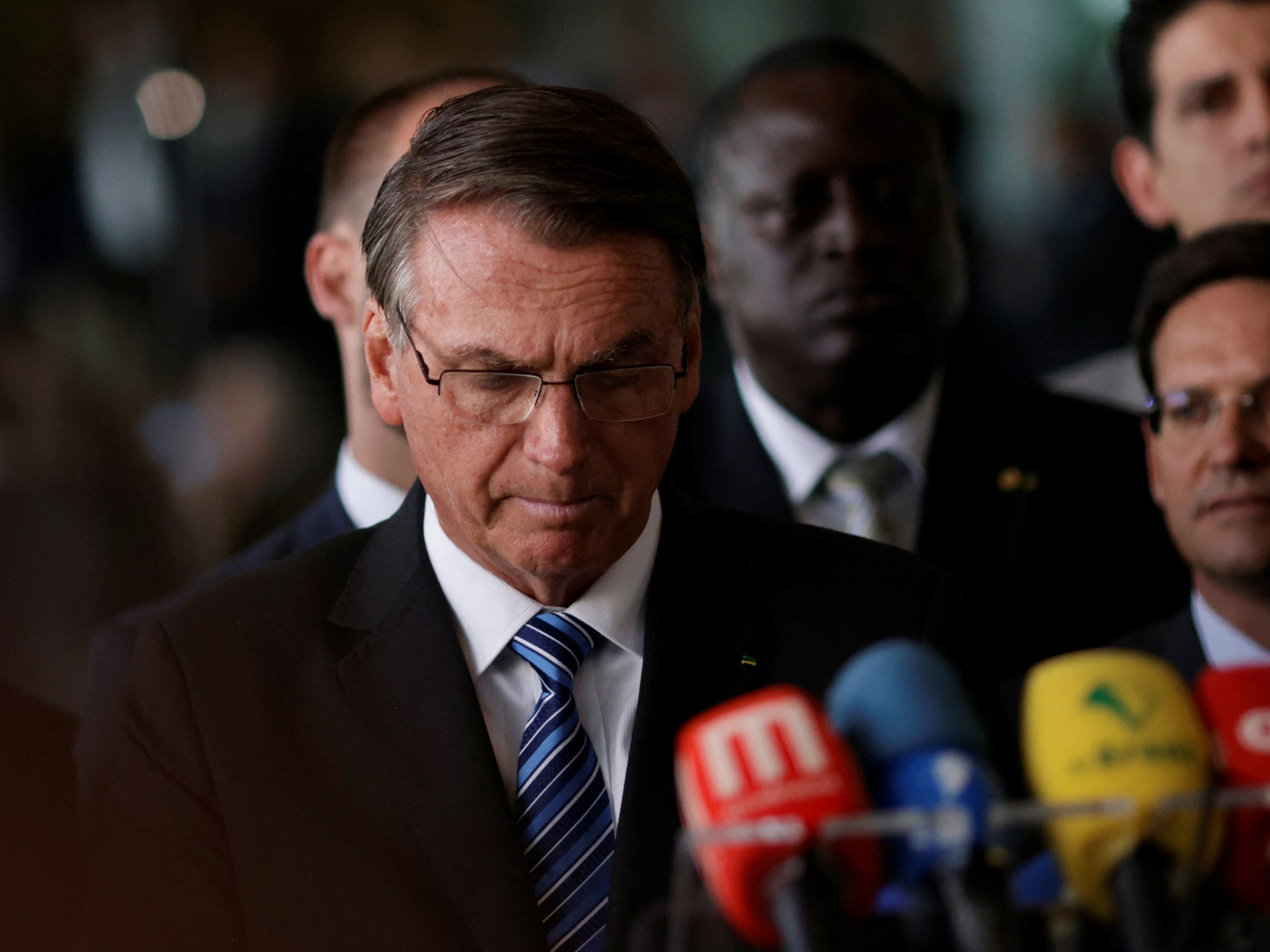Iran prosecutor general signals ‘morality police’ suspended | Police News
BREAKINGBREAKING,
There has been no official police confirmation on the force being taken off the streets, and no sign that a law requiring mandatory hijab will be changed.
Tehran, Iran – Iran has suspended its morality police as the country continues to deal with two months of protests, the Iranian prosecutor general has suggested.
The protests erupted shortly after the death of Mahsa Amini, a 22-year-old woman who was arrested by a unit of the morality police in Tehran for allegedly not adhering to the country’s mandatory dress code for women.
Speaking on Saturday at an event aimed at “outlining the hybrid war during recent riots”, which is how Iranian officials describe alleged foreign influence in the unrest, prosecutor general Mohammad Jafar Montazeri was quoted as saying by local media the morality police operations are over.
The morality police “has no connection with the judiciary and was shut down by the same place that it had been launched from in the past”, he said, reportedly answering a question on why the morality police has been shut down.
There were no other confirmations that work of the patrolling units – officially tasked with ensuring “moral security” in the society – has been terminated. Montazeri also did not say the morality police has been indefinitely scrapped.
Moreover, there was no indication the law that imposes the mandatory dress code will be terminated.
But the force’s white and green vans, which were tasked with telling people on the streets to fix their headscarves or took them in to so-called “re-education” centres if deemed required, have not recently been seen around Tehran or other cities.
It was in one of those centres that Amini appeared to suffer a stroke as shown by CCTV footage released by authorities. She died in a nearby hospital after being in a coma for three days.
A final report by the coroner’s office claimed she died as a result of pre-existing conditions, but her family said they suspected she was beaten.
Women have featured prominently in the protests that formed after her death, with Amini’s name and images widely used inside and outside the country. Women have also burned their head covering and cut off their hair in displays of protest and solidarity, and “woman, life, freedom” has become a major slogan of protesters.
Iranian authorities have accused the United States, Israel, European powers and Saudi Arabia of being behind the persisting unrest, saying they used Amini’s death as an “excuse” to target the Islamic Republic and its foundations.
The hijab, which has been mandatory since shortly after the country’s 1979 Islamic revolution, has been a central ideological issue for Iranian authorities, who have repeatedly said they will not back down from it.
They have, however, recently signaled they may revise the ways in which the mandatory dress rules are implemented without confirming details.
A number of local officials had previously hinted at methods like using artificial intelligence or camera footage to impose financial penalties on perceived offenders. Drivers who are perceived to flout the hijab rules already receive warnings and fines and could ultimately have their vehicles impounded in case of repeat offenses.




